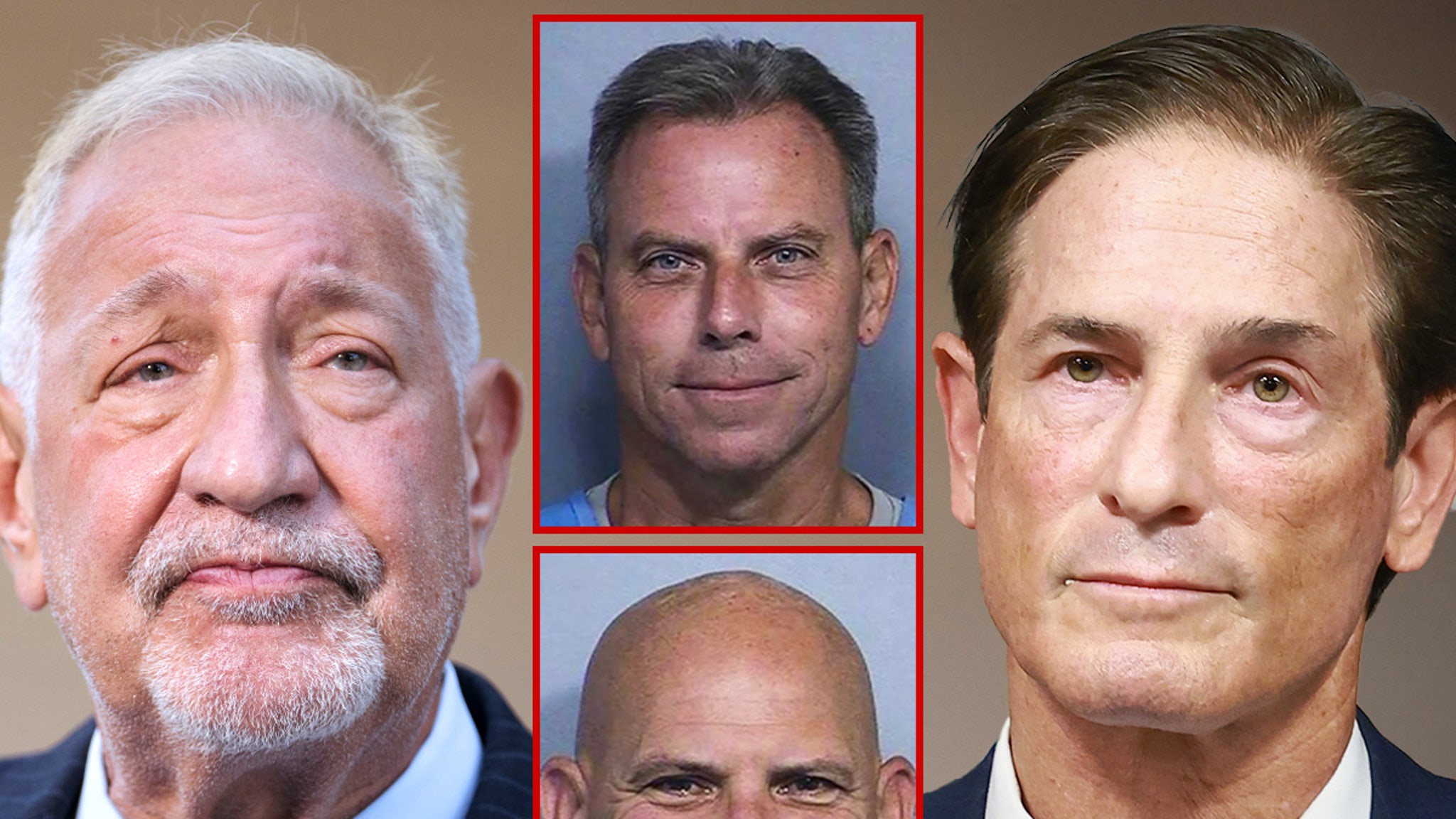Culture
Man Who Stabbed Salman Rushdie Is Found Guilty of Attempted Murder

A jury in western New York on Friday found a New Jersey man guilty of attempted murder in the stabbing of the author Salman Rushdie, which left him partially blind.
The conviction of the man, Hadi Matar, 27, followed harrowing testimony from Mr. Rushdie, 77, who said he had been struck by his attacker’s dark, ferocious eyes. He told the jury that at first he felt he was being punched, but then he realized he had “a very large quantity of blood pouring out” onto his clothes.
Mr. Rushdie had been scheduled to deliver a talk at the Chautauqua Institution, a cultural retreat, on Aug. 12, 2022, about how the United States has been a safe haven for artists in exile.
Shortly before Mr. Rushdie was set to speak, a man wearing dark clothing and a face mask rushed onstage and stabbed him repeatedly.
Mr. Matar was also found guilty of assault for injuring Ralph Henry Reese, the talk’s moderator and one of the founders of a project that offers refuge for writers. The jury deliberated for less than two hours on Friday.
Mr. Matar, who is scheduled to be sentenced on April 23, faces up to 32 years in prison. He also faces federal terrorism-related charges.
Nathaniel L. Barone II, Mr. Matar’s lead lawyer, said at a news conference after the verdict that his team was disappointed but shifting its energy to preparing for sentencing.
The attack occurred in front of more than 1,000 people. Afterward, Mr. Rushdie was airlifted to a hospital with a trauma clinic in Erie, Pa. He spent 17 days there before he was transferred to N.Y.U. Langone’s Rusk Rehabilitation center in New York City, where he stayed for nearly a month.
During his testimony, Mr. Rushdie pointed to areas of his body where he was injured: cheek, chest, throat, hand, waist. He lifted the distinctive eyeglasses he has worn in public since the attack, which have one clear lens and one black one, to shield his damaged eye.
“I am not as energetic as I used to be,” Mr. Rushdie said. “I am not as physically strong as I used to be.”
Mr. Rushdie’s memoir about the attack and its aftermath, “Knife: Meditations After an Attempted Murder,” was a finalist for the National Book Award for nonfiction last year.
The trial began on Feb. 10 at the Chautauqua County Courthouse in Mayville, N.Y., a village about an hour south of Buffalo. The defense team did not call any witnesses, and Mr. Matar declined to testify. Throughout the trial, he said “Free Palestine” as he entered and left the courtroom.
In closing arguments, Andrew Brautigam, a defense lawyer, told the jury that “Mr. Matar did not and didn’t ever intend to kill Salman Rushdie.” He said that they did not know what Mr. Matar’s “conscious objective was, what his goal was, what motivated him.”
Mr. Matar was living in New Jersey at the time of the attack and worked at a Marshall’s clothing store. He had moved to the United States from Lebanon with his family when he was a child. In the years leading up to the attack, he became increasingly isolated and intently focused on Islam.
Mr. Rushdie had lived under an Iranian death sentence since 1989 following the publication of his novel “The Satanic Verses,” which fictionalized parts of the life of the Prophet Muhammad.
Many Muslims found some of the depictions offensive and even blasphemous. The Supreme Leader of Iran, Ayatollah Ruhollah Khomeini, issued a fatwa ordering Muslims to kill Mr. Rushdie and put a price on his head of several million dollars.
Iran has denied any involvement in the attack on Mr. Rushdie.
Mr. Matar spent most of the trial with his head down, scribbling on a yellow notepad. Mr. Rushdie’s wife, the poet and novelist Rachel Eliza Griffiths, sat in the second row of the courtroom when her husband testified.
Gregory Beard, a trauma surgeon, testified that the lacerations to Mr. Rushdie’s neck area were close to major blood vessels and that he had been at risk of bleeding to death. There were also lacerations to Mr. Rushdie’s liver, small intestine and colon.
Jason Schmidt, the district attorney, asked the jury during his closing argument whether it was foreseeable to “stab someone 15 or so times about the face and neck, and that maybe that might result in a fatality here.”
“We can’t read Mr. Matar’s mind, but we can watch his actions,” Mr. Schmidt said.
He added that Mr. Matar came “dangerously close” to murdering Mr. Rushdie.
At a news conference after the verdict, Mr. Schmidt said that the Chautauqua Institution had saved Mr. Rushdie’s life. “The entire community deserves justice here, and I’m glad we were able to achieve that,” he said.
He said he hoped to ensure that Mr. Matar spent at least 25 years in prison.
PEN America, a free speech group, said in a statement that “violence can never be the answer to ideas.”
It continued, “This case is a stark reminder of the enduring threats faced by writers who challenge authority and orthodoxy.”






















